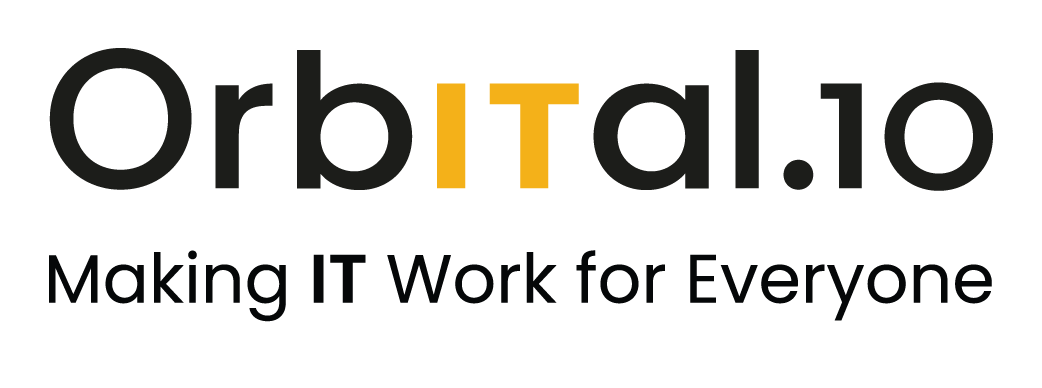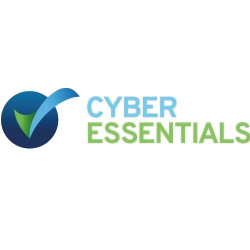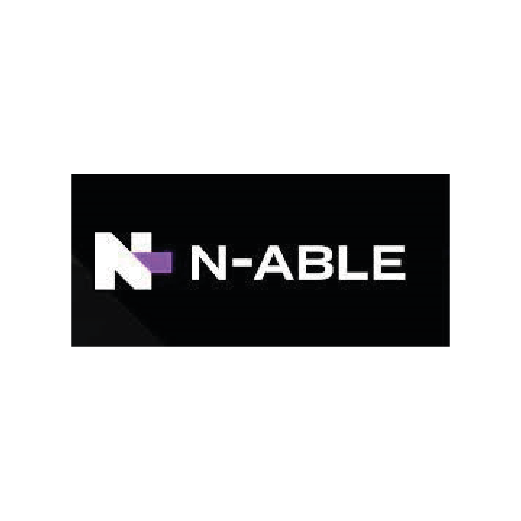Safeguarding your business in a digital world
Unlocking the power of IT audits
In today's digital age, where businesses heavily rely on technology to streamline operations and drive growth, the significance of IT audits cannot be overstated.
An IT audit is a comprehensive assessment of an organisation's IT infrastructure, policies, and procedures, conducted to ensure that technology systems are secure, efficient, and compliant. This blog explores the compelling reasons why businesses should prioritise IT audits and how they can contribute to the long-term success and sustainability of an organisation.
1. Strengthening Cybersecurity:
Cyber threats are an ever-present danger for businesses, with increasingly sophisticated attacks targeting sensitive data, financial resources, and operational continuity. Conducting regular IT audits helps identify vulnerabilities, assess existing security measures, and implement necessary upgrades or modifications to safeguard against potential breaches. By ensuring robust cybersecurity practices, businesses can protect their reputation, customer trust, and avoid costly data breaches or legal ramifications.
2. Enhancing Operational Efficiency:
IT audits provide a holistic view of an organisation's technology infrastructure, enabling businesses to optimise their IT systems and streamline operations. Through the assessment of hardware, software, and network configurations, audits help identify bottlenecks, inefficiencies, and redundancies. By leveraging audit findings, businesses can make informed decisions to optimise resource allocation, enhance productivity, and minimise downtime, ultimately improving overall operational efficiency.
3. Regulatory Compliance:
In today's regulatory landscape, businesses must comply with various industry-specific guidelines and data protection laws. IT audits play a crucial role in assessing an organisation's adherence to these regulations, ensuring that data privacy, security, and retention practices are in place. By proactively addressing compliance issues, businesses can avoid penalties, legal complications, and damage to their reputation.
4. Risk Mitigation:
Understanding and managing risks is fundamental to any successful business strategy. IT audits help identify potential risks associated with technology systems, such as software vulnerabilities, inadequate backup protocols, or insufficient disaster recovery plans. By proactively addressing these risks, businesses can develop robust risk mitigation strategies, reducing the likelihood of system failures, data loss, and costly disruptions.
5. Business Continuity Planning:
Disruptions, whether from natural disasters, system failures, or cyber-attacks, can significantly impact a business's ability to operate. IT audits facilitate the development of comprehensive business continuity plans by assessing the resilience and recoverability of IT systems. By identifying critical infrastructure and implementing effective backup and recovery mechanisms, businesses can minimise downtime, ensure seamless operations during crises, and swiftly recover from disruptive events.
6. Future-proofing:
Technology is constantly evolving, and businesses must adapt to remain competitive. IT audits provide insights into the scalability and sustainability of an organisation's IT infrastructure. By evaluating current systems and anticipating future needs, businesses can plan technology upgrades, align IT strategies with business goals, and remain agile in an ever-changing market.
By prioritising regular IT audits, organisations can fortify their cybersecurity defences, enhance operational efficiency, ensure regulatory compliance, mitigate risks, and plan for business continuity. Ultimately, the investment in IT audits is an investment in the long-term success, stability, and growth of a business in today's digital world.
We can carry out IT audits for your organisation and help you identify areas of potential risk and enhancements to ensure your technology infrastructure and practices are secure and operating efficiently.
Just get in touch >
IT audits, technology infrastructure, cybersecurity, business operations, future-proofing



























